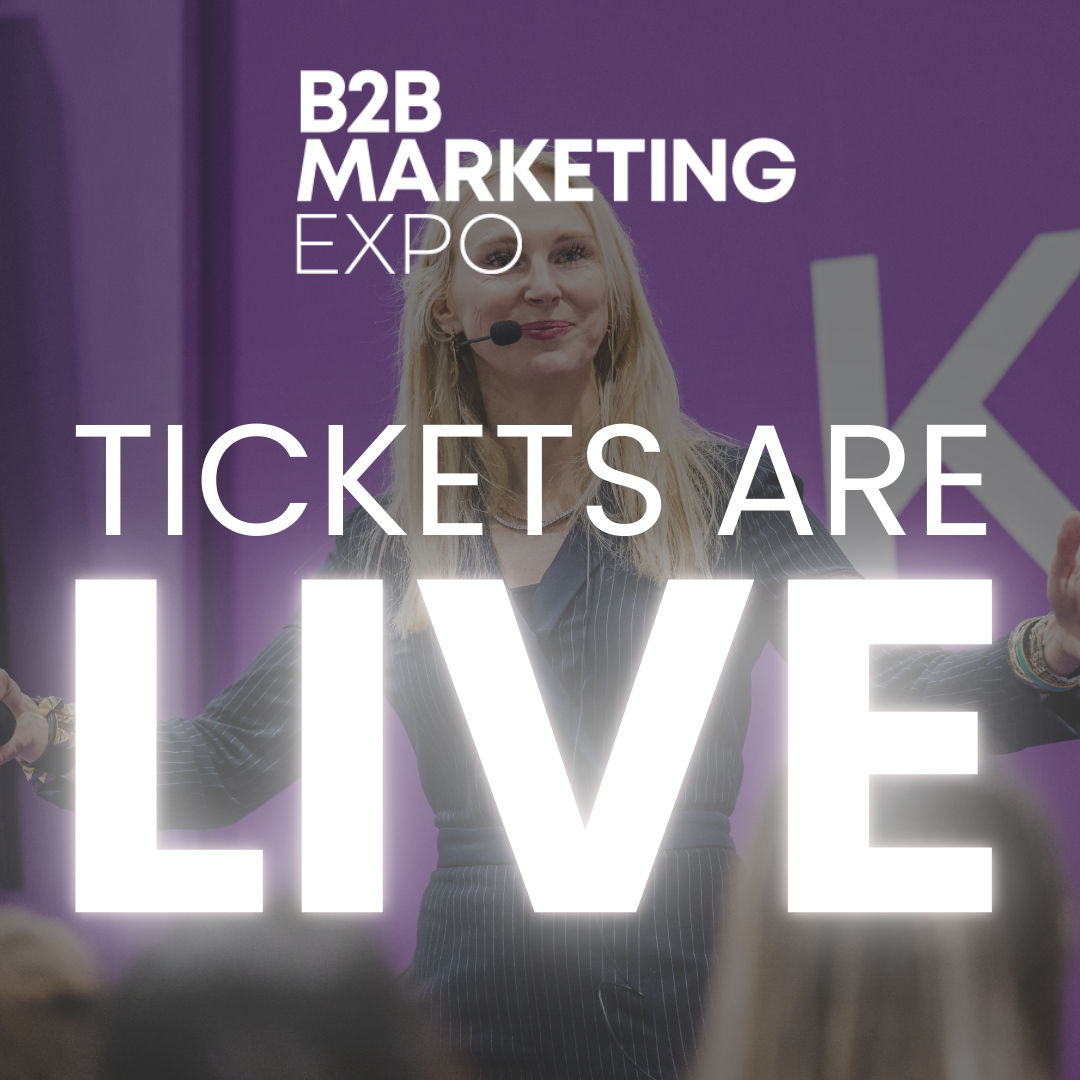How AI Can Empower B2B Business?
)
It won’t be a lie if I say, the world is revolving around AI. It is surging the technology with consistent innovations like autonomous vehicles, connected IoT devices, and more. The pandemic has triggered the value of AI in every possible arena. According to a report, AI technologies will increase to $97.9 billion by 2023. Businesses are digitally sound like never before since the lockdown came into the picture. Answering back to the pandemic, B2B businesses have redirected themselves with AI to make the gap invisible.
What is AI?
AI is the ability of machines to perform human-like tasks. Popular examples of AI are chess-playing computers, self-driving cars, smart assistants like Alexa and Siri, Automated financial investing, and more. These technologies assist computers to process large amounts of data. Productivity and innovation are shifted to the next level with the rise of hype in AI. AI has benefitted the IT domain for the last ten years. Google’s “DoubleClick” is a correct example to prove so.
B2B market is evolving and AI is the catalyst speeding up the process. We are here to unlock some channels dedicated to inducing AI to unveil innovation and development in the B2B industry.
Know your Client:
We sell our products and services to our clients. Knowing our clients is the first step toward a successful business venture. For brands to earn loyalty in clients they need to find clients worth their business requirements. Prospects are widespread across the globe.
You can implement AI at this step to find and empower clients. AI can merge and analyze huge quantities of data to create optimistic client segments, recognize clients’ intent and feed your website with customer engaging data.
Power your Campaigns:
Usually, B2B marketers gain customer data traditionally which lacks accuracy. Enabling AI in the process helps marketers in decision-making. AI foretells the B2B traders the strategies to be implemented. Also, the effectiveness of an ongoing campaign is enhanced by eliminating the average content.
Content Personalization:
Your content is what your target audiences are captivated by. Content has the power to magnetize the right audience to your website. All the relevant information is traded to the prospects with the help of AI. Do you know how AI outstands this function?
By assessing all the content on the website, choosing trending keywords with intense SEO, raising content-driven campaigns, and determining the ROI of new content.
Online & Offline Merging of Data:
Both online and offline experiences are vital to shaping a brand. The prospects keep an eye on every move of a brand they are interested in. AI gathers online data by nurturing campaigns by tailoring emails based on a prospect’s activity on your website. On the contrary, AI generates offline data using customer intent data to understand customer preferences.
Customer Segmentation:
Imagine sending messages to the wrong audiences. Now imagine sending those to the right prospects. Segmenting between the right audience manually is a tedious task. For decades, B2B marketers have struggled to find the right prospects to carry out their business.AI can sort away this issue.
AI studies customer data automatically which can prioritize leads based on ABM and demographic conditions.
Predictive Lead Scoring:
One can predict the leads which are likely to be turned in to customers. ABM overtakes the traditional methods of lead scoring. Predictive lead scoring assembles the leads suitable for your B2B business. It channels you towards the right accounts to identify new prospects. AI also deduplicates accounts to connect leads to your website. The fields influenced by lead scoring get visible using AI.
Programmatic Advertising:
Not only segmenting the customers but AI can engage buyers by programmatic advertising. To elaborate further, Machine learning analysis allows AI to analyze customer habits and the point we can reach them. After which AI-based marketing automation delivers personalized content to the right prospect at the right time.
Customer Interactions:
Interacting with your prospects using social media is the most important step in the integration of AI with B2B. Want to know why?
AI makes use of customer data to interact with a prospect. For example, if a prospect has a complaint about a particular product, AI can swiftly check the purchase history and data of the customer to solve the issue. But technology has a long way to go and fusing technology with the human touch gives out effective results. This goes hand in hand.
Track Active Campaigns:
AI can track active campaigns raising the tendency to discover new prospects just in a moment. AI tracks the performance of the campaigns which were successful to captivate new leads within a short timeframe. Moreover, a visual testing interface in AI allows you to look at and control how the prospects commute through active campaigns, the target accounts moving through the sales funnel, and account tracking.
AI is evolving and the dynamics of AI are surprising the tech- world. Every day AI surprises the tech- brains with what it can accomplish. Integration of AI in the B2B business is what makes RDIGS stand out. AI is compatible with all the requirements of B2B. Right from searching customer intent, turning a lead into a customer, and retaining them AI eases the way for B2B. One can easily segment copious data using AI which is a task when carried out manually. AI is at the expansion stage which will also disclose new opportunities in B2B marketing in the coming years.

